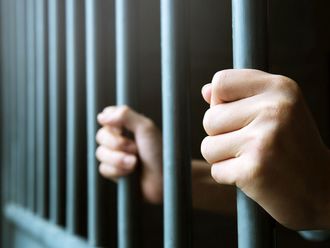New York: The Arab Group at the United Nations is seeking Security Council’s permanent membership due to a large number of issues on its agenda, Kuwait’s permanent delegate to the UN said here late on Friday.
“The UN Security Council examines a large number of Arab issues, thus came the request of Arab representation in the category of permanent seats”, added permanent representative of the State of Kuwait at the UN Ambassador Mansour Al Otaibi. He was speaking on behalf of the Arab Group during deliberations tackling the Council reforms, held as part of the UN 68th session last night.
“With the number of Arab states rising from five in 1945 to 22 today, subsequently the number of issues is on the rise too,” Al Otaibi noted, stressing the necessity for the Council to have permanent Arab representation in any future expansions, which, according to him, “is a key issue in the process of an inclusive reform.”
According to Kuwait News Agency (KUNA), other steps that could contribute to the Council’s reform process may include more efficiency and transparency procedures in dealing with the Council’s structural deficiencies and increasing the number of the Council’s open sessions; as opposed to reducing the number of closed ones.
The ambassador added that it has been more than 20 years of discussions, initiatives and stances aimed at expanding the membership at the Security Council and improving its performance.
He said there was a consensus among member states on change and reform as a principle, especially since the international scene has changed since the establishment of the United Nations in 1945.
The Security Council is dominated by its five permanent members — Britain, China, France, Russia and the United States — which have veto power over its decisions.
The council’s 10 elected members are made up of three from Africa, two from Asia-Pacific, one from Eastern Europe, two from the Latin American and Caribbean group, and two from the Western European and others group. Five are chosen each year to serve two-year terms.
Arab states are split between the Asia-Pacific and African regional blocs and there is an unofficial deal that at least one Arab nation is always represented on the Security Council.












